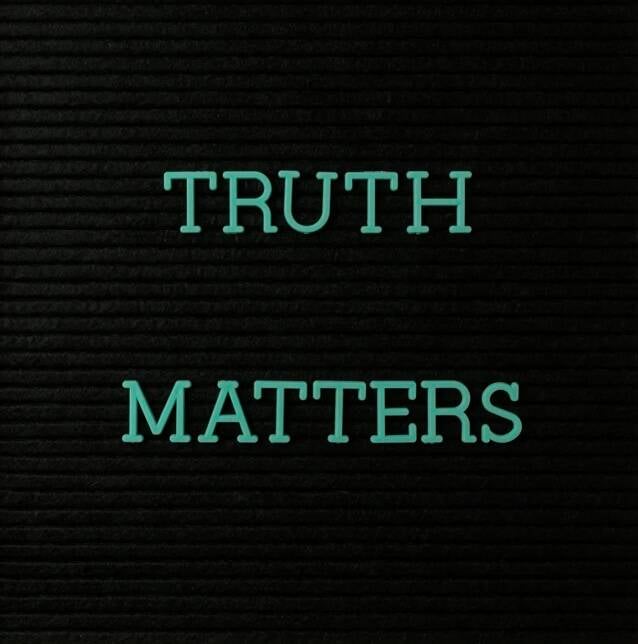
“Toxic positivity can look like strength — always smiling, always hoping, always finding the good. But what if that silver lining becomes a blindfold, keeping you from seeing the truth?”
For most of my life, I’ve leaned toward optimism. I believed in second chances, the power of love, and the idea that with enough effort, most things could be fixed. But what happens when positivity becomes a mask — one that hides pain instead of helping you heal?
The Bright Side I Wanted to Believe In
In a past relationship, things started beautifully. We laughed easily, shared interests, and I felt seen. When jealousy crept in, I brushed it off as a “small problem” — something we could work through together. I believed if I just loved harder, stayed positive, and held onto hope, things would improve. After all, don’t all relationships have rough patches?
The Red Flags I Chose to Ignore
That jealousy deepened. Socialising became a minefield. Friends I once cherished drifted away, not because I wanted them to, but because it was easier than enduring the backlash. Accusations came thick and fast, grounded in nothing but fear and control. Still, I clung to the silver lining. I convinced myself, “He’s just hurt, he’ll get better.”Eventually, he agreed to therapy. But it quickly became clear: it was more about appeasing me than true growth. Superficial effort without internal change is like patching a roof without fixing the leak underneath.
The Moment I Said “Enough”
The tipping point came in a moment I’ll never forget. Angry words, turmoil, and finally, intervention by authorities. And then: “It’s over. Leave.” Words I’d rehearsed in my mind but never dared to speak until I had no choice. In that moment, the smile I wore cracked — and so did the illusion. The relationship I had worked so hard to protect wasn’t built on love. It was built on fear, denial, and emotional abuse.
When Positivity Becomes Self-Betrayal
There’s a difference between hope and self-abandonment. Between patience and erasure. Between choosing to see the good and choosing not to see the truth. Toxic positivity can keep you trapped, especially when it becomes the lens through which you justify mistreatment. For me, reclaiming my truth meant breaking that lens.
Healing Through Honesty
My healing didn’t begin the day he left. It began the day I stopped trying to “fix” something that wasn’t mine to fix. The day I honoured what I felt instead of explaining it away. If any of this resonates with you, please know: it’s okay to stop hoping it gets better and start hoping youget better. Real positivity is grounded in truth, even when that truth is painful.
You deserve relationships that feel safe, seen, and honest. You deserve your own healing, not just hope.
If you’re navigating emotional recovery or just beginning to see the signs, you’re not alone. For gentle resources, reflections, and support, consider subscribing to our newsletter or booking a session with Thyme Therapy.
Written by: Kate G
If you find yourself needing immediate help, please contact 000 or reachout to one of the below organisations:
1800RESPECT
https://www.1800respect.org.au/
1800 ELDERHelp line
The Elder Abuse Help Line directs you to your state or territory service. Operating hours vary. Call 1800 353 374.
Compass
Compass is a national website with information and resources about the abuse of older Australians. If you or an older person you know needs help, you can use it to find support in your area.
Disability Gateway
The Disability Gateway connects you to information about family and domestic violence and support services in your state or territory. You can find this information in the Safety and Help section of the Disability Gateway website.
Family Relationship Advice
The Family Relationship Advice Line can help you with family issues and separation. They can also refer you to local services for more help.
Call them on 1800 050 321. The line is open:
- Monday to Friday, 8 am to 8 pm
- Saturday, 10 am to 4 pm.
Disclaimer: The information provided in this article is for educational and informational purposes only and is not intended as a substitute for professional medical or psychological advice, diagnosis, or treatment. If you are experiencing significant distress or believe you may have social anxiety disorder, please consult a qualified mental health professional for personalised support.


Add comment
Comments